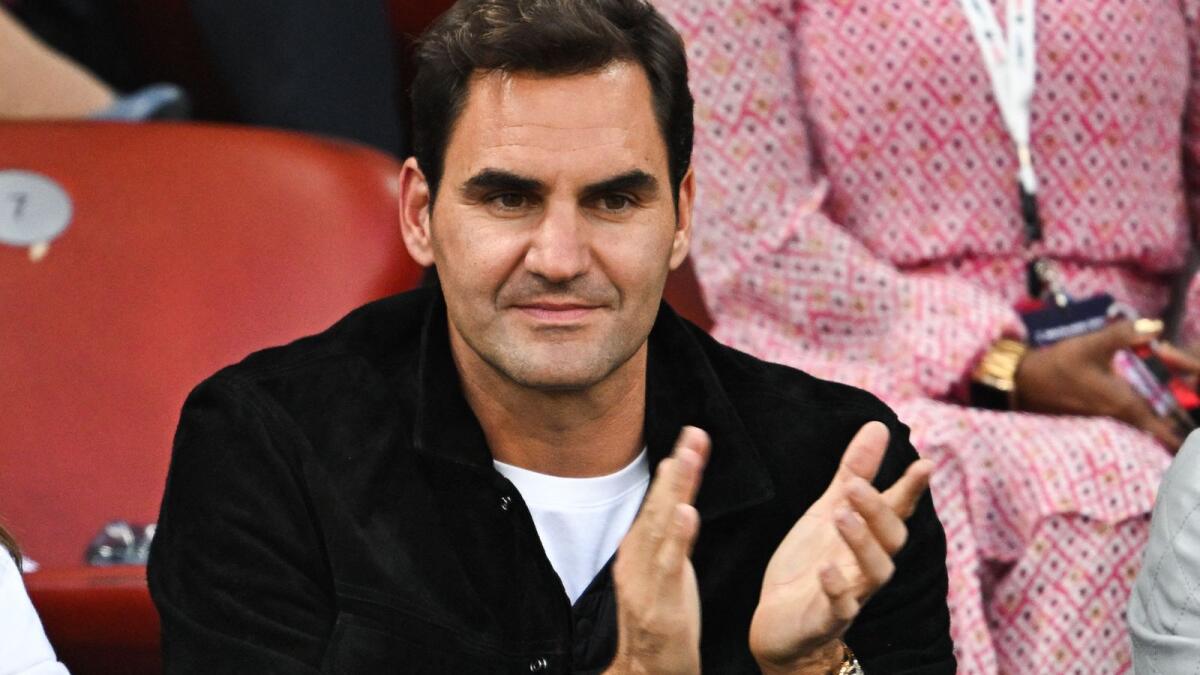Swiss tennis legend Roger Federer has raised concerns about anti-doping authorities’ perceived double standard in the case of world number one Jannik Sinner, who avoided suspension despite two positive tests earlier this year. Federer labeled the situation surrounding Sinner as “a nightmare” for athletes and acknowledged the frustration among players regarding the inconsistency in treatment. While Federer expressed trust in Sinner’s innocence, he emphasized the need for clarity and transparency in the process.
In an interview with NBC, Federer stated that the news surrounding Sinner’s case is detrimental to the sport, regardless of the outcome. He highlighted the importance of ensuring fairness and consistency in how athletes are treated in doping cases, pointing out the potential consequences of forcing an athlete to sit out without conclusive evidence. Federer urged for answers to be provided regarding the handling of Sinner’s situation, emphasizing the need for a clear process that instills trust among all parties involved.
Despite the controversy surrounding Sinner’s case, Federer emphasized the importance of trusting the process and the individuals responsible for handling anti-doping matters. He acknowledged the challenges faced by athletes in navigating the complexities of anti-doping regulations and expressed hope for a resolution that upholds the integrity of the sport. Federer’s comments shed light on the broader issues of ethics and fairness in tennis and the need for accountability in anti-doping practices.
Federer’s remarks come as he promotes his book in New York, where he continues to be an influential figure in the tennis world. His stance on the Sinner case underscores the importance of upholding the principles of sportsmanship and integrity in the face of controversies and challenges. As a respected elder statesman of tennis, Federer’s words carry weight in shaping the discourse on anti-doping measures and the treatment of athletes in the sport. His call for transparency and accountability resonates with fans and players alike, reinforcing the values that define the game.
Overall, Roger Federer’s comments on the Jannik Sinner case highlight the complexities and controversies surrounding anti-doping regulations in tennis. As a revered figure in the sport, Federer’s perspective adds nuance to the discussion on fairness and consistency in doping cases, calling for a more transparent and accountable process. In navigating the challenges of maintaining integrity in sports, Federer’s advocacy for trust and clarity serves as a guiding principle for players, officials, and fans alike. His commitment to upholding the values of sportsmanship and fairness sets a standard for the tennis community to rally behind in addressing anti-doping challenges.











